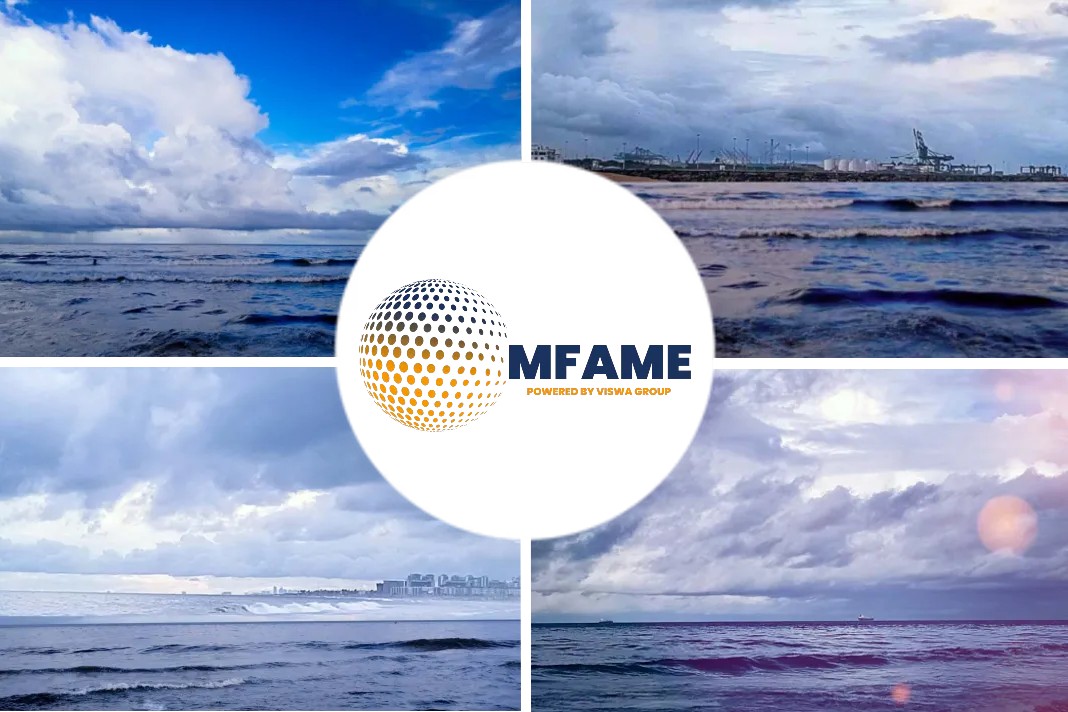Representatives of the global shipping industry, supported by governments, set out proposals on how a planned global R&D fund can be adapted to support the developing economies, says a press release published in ICS website.
The updated proposals
The updated proposals are submitted to the International Maritime Organization (IMO).
$5bn IMO Maritime Research Fund
These proposals outline the way in which a planned $5bn IMO Maritime Research Fund (IMRF) will accelerate the development of zero-carbon technologies and fuels, while at the same time can be used to support the maritime decarbonization efforts of the developing countries.
10% of the Fund to Green House Gas
The modified proposal, which is led by the ICS and 8 other international shipping associations, foresees the allocation about 10% of the Fund to greenhouse gas (GHG) reduction projects in developing countries, including climate vulnerable small island states.
These updates respond to the questions raised by the developing countries about ensuring access to the money raised by the R&D fund.
The IMRF aims to raise US$ 5 billion via a US$2 levy per tonne of marine fuel consumed, to be paid for entirely by industry at no cost to governments.
Proposal submission to IMO
The submission to IMO builds on the comprehensive proposal put forward last year by the shipping industry, in conjunction with major shipping nations and which now enjoys the support of 30 IMO Member States.
It is important to recall that a group of governments, controlling a major share of world shipping tonnage, have submitted in 2021 a proposal to IMO to establish a $5 billion USD “IMO Maritime Research Fund”, using mandatory contributions from the world’s shipping companies for industry decarbonization.
Who submitted the proposal?
The proposal was submitted by Georgia, Greece, Japan, Liberia, Malta, Nigeria, Palau, Singapore, Switzerland, in response to a call by the UN Secretary-General for “urgency and ambition” on climate change.
Developing countries are experiencing the worst of the climate crisis. Industry wishes to earmark some $50 million per year to support greenhouse gas reduction projects in developing and climate vulnerable countries, including Small Island Developing States. This would be a significant investment and a major boost to the IMO’s existing programmes to ensure that the global net zero transition is fair and equitable
…said Simon Bennett, Deputy Secretary General of the International Chamber of Shipping.
Next round of IMO discussions in May
Industry has also called on those governments who have delayed the immediate approval of the IMRF, to reconsider their position at the next round of IMO discussions in May.
We are concerned that the European Commission may wish to delay the IMRF by combining it with separate discussions about carbon pricing. Although we also want an IMO market-based measure as soon as possible, this will likely take several more years to negotiate. Meanwhile, the need to drastically accelerate R&D is becoming ever more urgent if a net zero target by 2050 is to be plausible
…Bennett continued.
Additionally, the proposals include:
- the encouragement of funding for joint R&D projects between developed and developing countries,
- a formula for co-funding of projects to ensure differential treatment for companies and institutions in developing countries,
- new provisions to assuage concerns raised by governments about intellectual property rights.
Transition Taskforce
Last year, ICS announced the formation of the Just Transition Taskforce at COP26, to protect workers and their communities through the transition to green shipping. It provides policy recommendations to ensure an equitable, people-centred transition, focusing in particular on developing economies.
The IMRF is the only proposal ready to go to accelerate decarbonisation across the sector. Opposition to its adoption will not only frustrate the rapid acceleration of R&D that is needed to support shipping’s net zero target for 2050, but also prevent a fair and equitable transition
…Bennett concluded.
Importance of R&D funding
Recently, the Asian Shipowners’ Association (ASA) strongly emphasized the importance of R&D funding such as the IMO Maritime Research Fund (IMRF) to advance the industry transition to net-zero.
As ASA supports industry efforts to reduce emissions from international shipping, it believes that the only way to achieve ambitious net zero targets would be through the adoption of the IMO Maritime Research Fund (IMRF), which will guarantee funding for the R&D necessary to accelerate the development of zero emission ships.
Did you subscribe to our daily newsletter?
It’s Free! Click here to Subscribe!
Source: ICS























